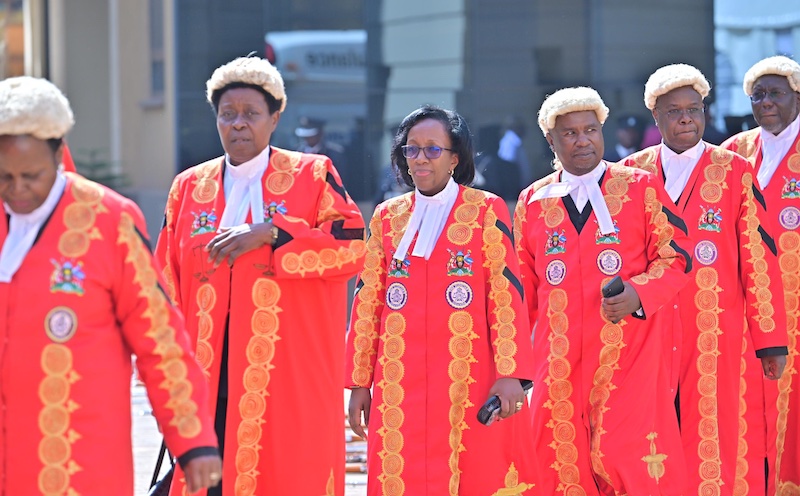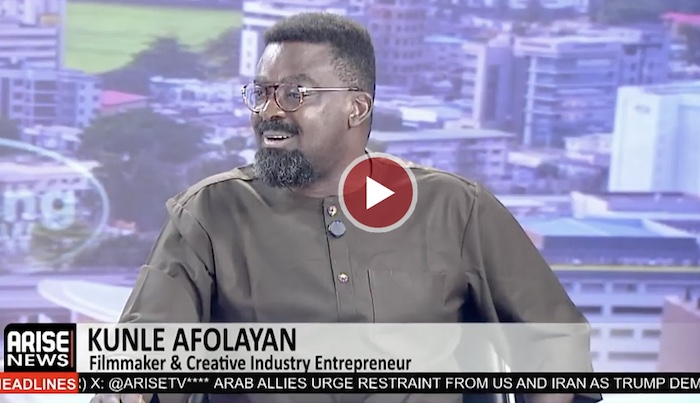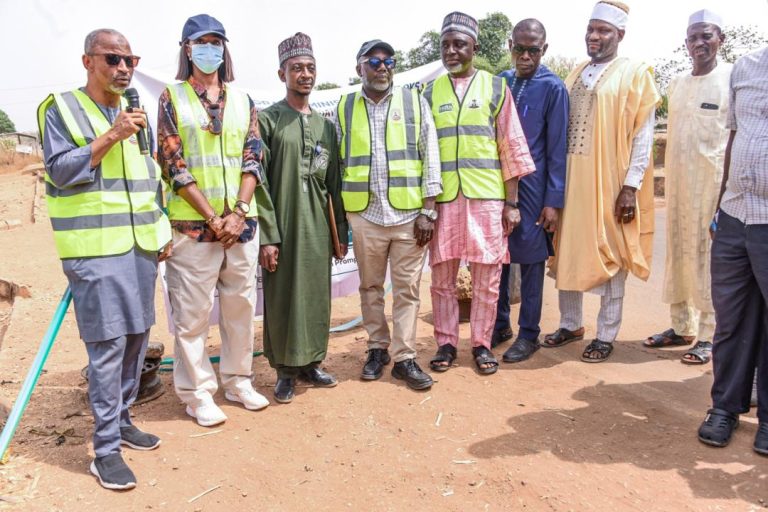
Ugandan judges are set to undergo specialised training to prepare for the anticipated wave of election petitions following the 2026 general elections.
In the 2021 polls, the judiciary handled more than 150 petitions stemming from both parliamentary and local government elections. Now, with another electoral season approaching, deputy chief justice, Dr Flavian Zeija, has emphasised the importance of continuous training and capacity building to ensure timely and impartial adjudication of disputes.
Delivering Zeija’s speech, acting principal judge Jane Okuo Kajuga at a meeting convened to validate the Judiciary Electoral Disputes Training Manual and Facilitators’ Guide at the Court of Appeal in Kampala, said the exercise was part of a broader effort to strengthen the judiciary’s readiness for election-related cases.
“Elections are the cornerstone of democratic governance, but they often generate disputes that require the Judiciary to act promptly, with integrity, impartiality, and efficiency,” he said.
Zeija identified likely sources of contention in the upcoming elections, including allegations of malpractice, vote tallying errors, candidate qualification disputes, and defamation cases arising from social media activity.
He noted that the credibility of the entire electoral process depends on how fairly and expeditiously the judiciary resolves such disputes, adding that Article 128 of the Constitution mandates judicial officers to deliver justice without fear or favour and within a reasonable timeframe.
“We cannot be truly expeditious unless we equip every judicial officer from magistrates handling local council petitions to justices in the Supreme court with knowledge, practical skills, and unified approaches to deliver justice confidently and consistently,” Zeija said.
He commended the development of the new training manual as a “timely and strategic intervention,” providing a structured framework to ensure uniform interpretation and application of electoral laws across all court levels.
Zeija also lauded the taskforce committee chaired by Supreme court justice Mike Chibita and the consulting team from the Human Rights and Peace Centre (HURIPEC) for their technical input, and praised the Judicial Training Institute (JTI) for its role in advancing the judiciary’s training agenda.
He acknowledged the United Nations Development Programme (UNDP) and the government for funding the project, noting that the validation process was critical in refining the manual into “a living document that will support not only the upcoming elections but also future electoral cycles.”
The meeting, chaired by Supreme court justice Prof Lillian Tibatemwa, brought together justices of the Supreme court, Court of Appeal, and High court, as well as magistrates, registrars, members of the Uganda Law Society, academics, and development partners.
Prof Andrew Khaukha, executive director of the Judicial Training Institute, underscored the need for a unified and consistent approach to managing election disputes across all court levels.
Khaukha recalled that the Chief Justice had earlier observed inconsistencies in the management of election cases, prompting the need for a harmonised approach. The manual, he said, was developed through technical review meetings, stakeholder consultations, and presentations by HURIPEC experts.
Lawyer Jude Byamukama raised a constitutional question on whether the Court of Appeal should have the power to depart from its own previous decisions, noting that such authority is expressly granted only to the Supreme court.
He said the issue merits future consideration, given the Court of Appeal’s role as the final authority in parliamentary election petitions. The meeting was also attended by Electoral Commission litigation lawyers Eric Sabiti and Hamidu Lugoloobi, and Dr Busingye Kabumba of Makerere University, among other stakeholders.



